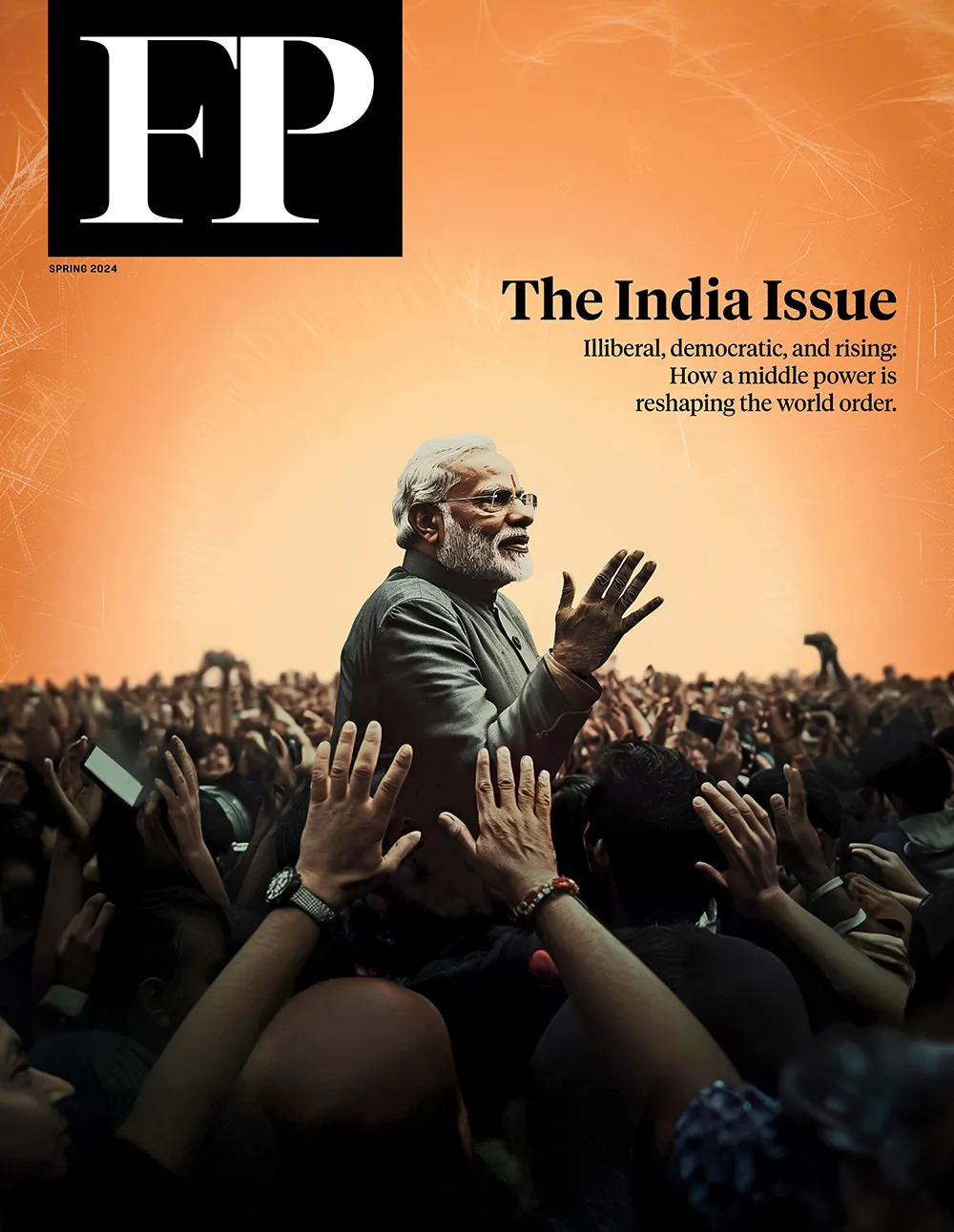The Army of Islam Is Winning in Syria
And that's not necessarily a bad thing.
The situation inside Syria has just gotten a lot more complex. Syria's exiled opposition and the United States have invested heavily in propping up the Free Syrian Army (FSA) as a counterweight to radical groups that emerged as key players in areas liberated from Bashar al-Assad's rule. But that effort is now circling the drain.
The situation inside Syria has just gotten a lot more complex. Syria’s exiled opposition and the United States have invested heavily in propping up the Free Syrian Army (FSA) as a counterweight to radical groups that emerged as key players in areas liberated from Bashar al-Assad’s rule. But that effort is now circling the drain.
On Sept. 24, 11 of the rebels’ most powerful Islamist groups, including several FSA-affiliated brigades, pulled the rug from under the political opposition by signing a joint statement announcing that they do not recognize its National Coalition and affirming that they view Islamic law as the sole source of legislation. And on Sept. 29, at least 50 groups operating mainly around Damascus merged into Jaish al-Islam ("the Army of Islam"), thus undermining the FSA’s dominance in a part of the country where it had long been considered the strongest rebel force.
Syria’s "southern front" has long been perceived as FSA turf. The opposition has for months worked hard to consolidate the insurgent groups in Damascus and the southern governorate of Daraa under FSA divisions that follow a clear command-and-control structure. They have been aided by the United States and Persian Gulf countries, mainly Saudi Arabia, which have provided them with valuable training and arms in the hopes that they can be a bulwark against extremism near the capital.
But today, Salafi-leaning insurgents are the single most dominant force in liberated areas. Liwa al-Islam, which is the central player in the Army of Islam, now dwarfs both the FSA and radical militias such as Ahrar al-Sham and Jabhat al-Nusra, which long played a prominent role in the region. These groups had coordinated with each other through a Damascus military council, but Ahrar al-Sham pulled out of the council shortly after the merger, issuing an angry statement that criticized "the hegemony of certain factions and the exclusion of [other] effective ones."
These developments, however, are not all bad news. The rise of Salafi-leaning rebel groups offers an opportunity to combat the real extremists — al Qaeda-linked groups such as Jabhat al-Nusra and the Islamic State of Iraq and al-Sham (ISIS), which have recently started wreaking havoc in Syria’s north and east by fighting among themselves and against more moderate groups. Syria is no longer witnessing a struggle of moderates versus extremists, but of extremists versus both moderates and religious moderates. While recent developments are a setback for the FSA, they also have marginalized the truly radical factions.
Saudi Arabia appears to be central to the merger of rebel groups around Damascus. Liwa al-Islam chief Zahran Alloush is backed by Riyadh, while both Ahrar al-Sham, which is supported by Qatar, and Jabhat al-Nusra have been excluded from the new grouping. Although Liwa al-Islam had been part of the Saudi-backed FSA, the spokesman of the new grouping told an Arabic television channel that the Army of Islam is not part of the FSA. This is likely because the FSA has lost the trust of many rebel groups, and adopting a religious language will be more effective in countering the appeal of radical groups — which is what happened after the announcement of the merger, as various Islamists and moderate groups welcomed the move.
The Saudi effort may just work: Significant grassroots hostility is building in liberated Syrian areas against foreign-funded extremists and al Qaeda affiliates. These tensions do not always develop into sustained clashes — for almost all rebel groups, toppling the regime is the priority, not fighting extremist forces, which have proved indispensable in the battlefield.
According to an activist based in the northern city of Raqqa, when clashes erupted between the al Qaeda-affiliated ISIS and Ahfad al-Rasoul in August, local residents threw their support behind one or the other side — but the strongest condemnation was for the infighting itself. "When they see the regime’s warplanes shelling the city without a single shot in their direction, they get angry at the fighters who could do something," the activist explained.
The size of extremist groups is not an accurate indicator of the support for their ideology within Syrian society. Fighting groups are also not ideologically homogenous, as many fighters join groups for their effectiveness on the battlefield and discipline — not their religious beliefs. Ahrar al-Sham members in Daraa, for example, can be remarkably different in terms of religiosity from members in more conservative northern areas such as Idlib or the Aleppo countryside.
The situation inside the country is more fluid and nuanced than many groups’ hard-line slogans would suggest. Moderates can be members of hard-line groups and vice versa. Some groups, such as Suqour al-Sham, include both secular members and Islamist veterans of the insurgency against the U.S. occupation of Iraq. For example, a former judge at Aleppo’s cassation court, a secular Syrian who does not pray, nevertheless supports an Islamic identity to the state.
For this reason, many moderate fighters are more concerned with the foreign networks and leaders than the rank-and-file members of hard-line groups. "We are not too worried about Jabhat al-Nusra," said one FSA-affiliated officer in the eastern governorate of Deir Ezzor who said he worked in intelligence operations. "Once the fighting ends, we’ll bring them back. We know them. They’re our brothers, cousins, and neighbors — they’re the sons of our tribes. Our true struggle will be against [ISIS] and the Nusra leaders."
The FSA is still salvageable as a moderate force. But the way the Syrian battlefield is shifting should be a wake-up call for the opposition and its backers: The project of establishing a counterweight to extremists, which will be necessary to salvage Syria’s future, has so far been feeble. A true alternative would be the creation of a rebel organization that is not a club for vetted seculars, but a structure that includes all actors — of varying levels of religiosity — that can help to curb extremism. If the opposition continues to be disconnected from the dynamics on the ground, however, it will only lead more moderate forces into the extremists’ orbit.
Hassan Hassan is the director of the Non-State Actors in Fragile Environments Program at the Center for Global Policy and a co-author of ISIS: Inside the Army of Terror. Follow him on Twitter at: @hxhassan.
More from Foreign Policy
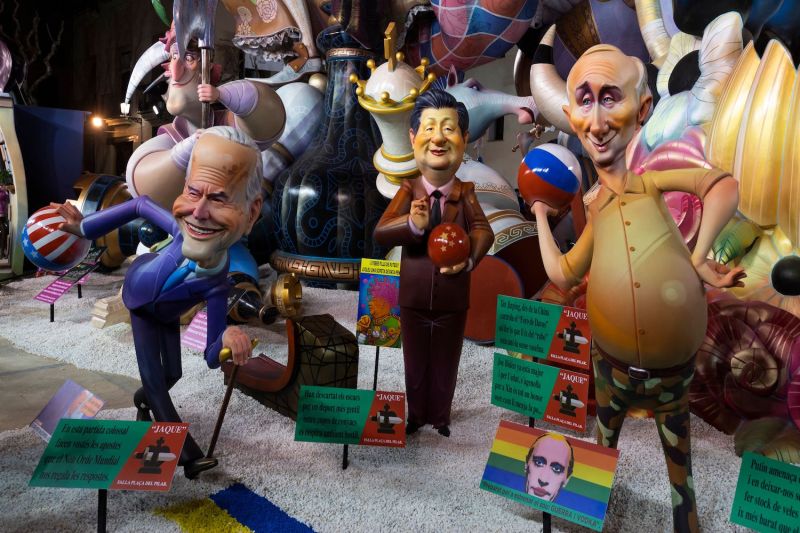
Nobody Is Competing With the U.S. to Begin With
Conflicts with China and Russia are about local issues that Washington can’t win anyway.
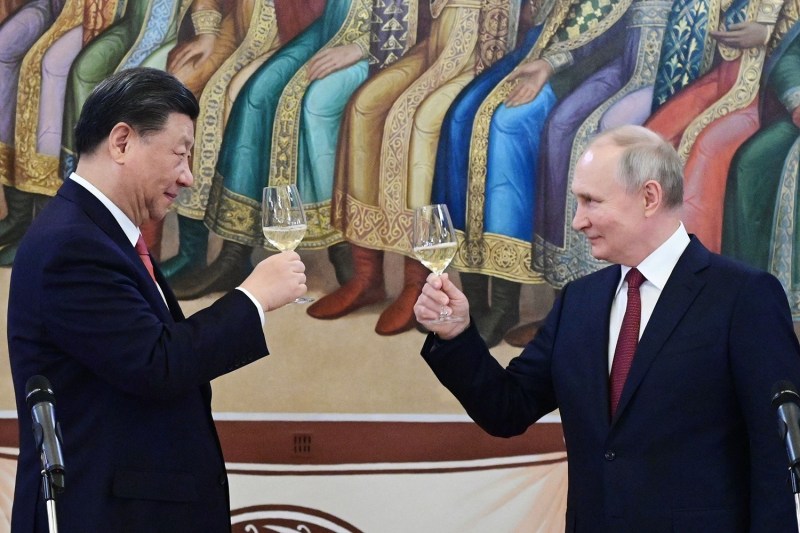
The Very Real Limits of the Russia-China ‘No Limits’ Partnership
Intense military cooperation between Moscow and Beijing is a problem for the West. Their bilateral trade is not.
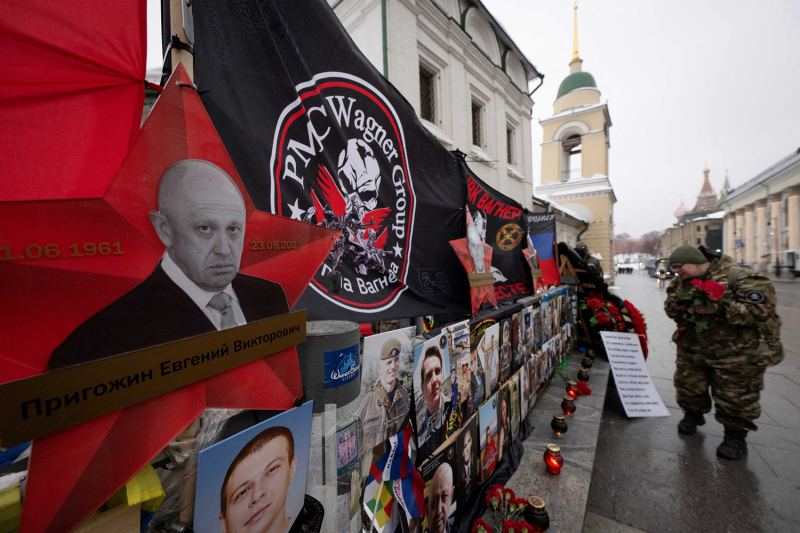
What Do Russians Really Think About Putin’s War?
Polling has gotten harder as autocracy has tightened.
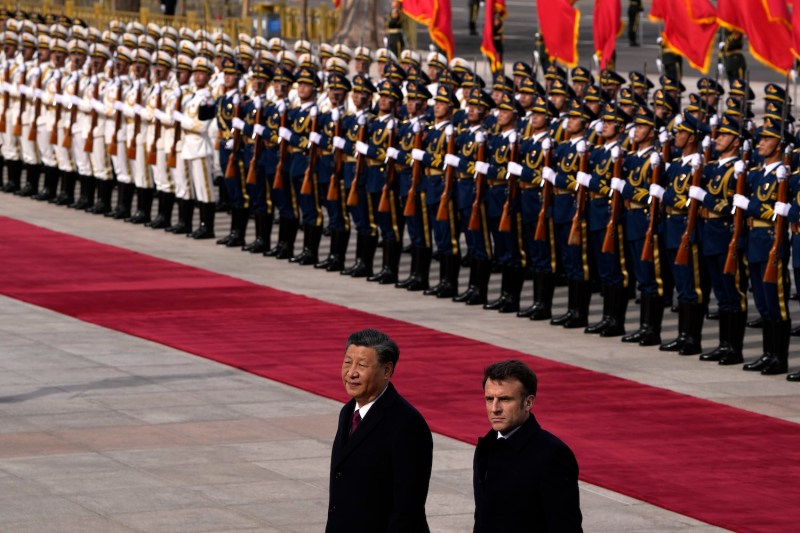
Can Xi Win Back Europe?
The Chinese leader’s visit follows weeks of escalating tensions between China and the continent.



